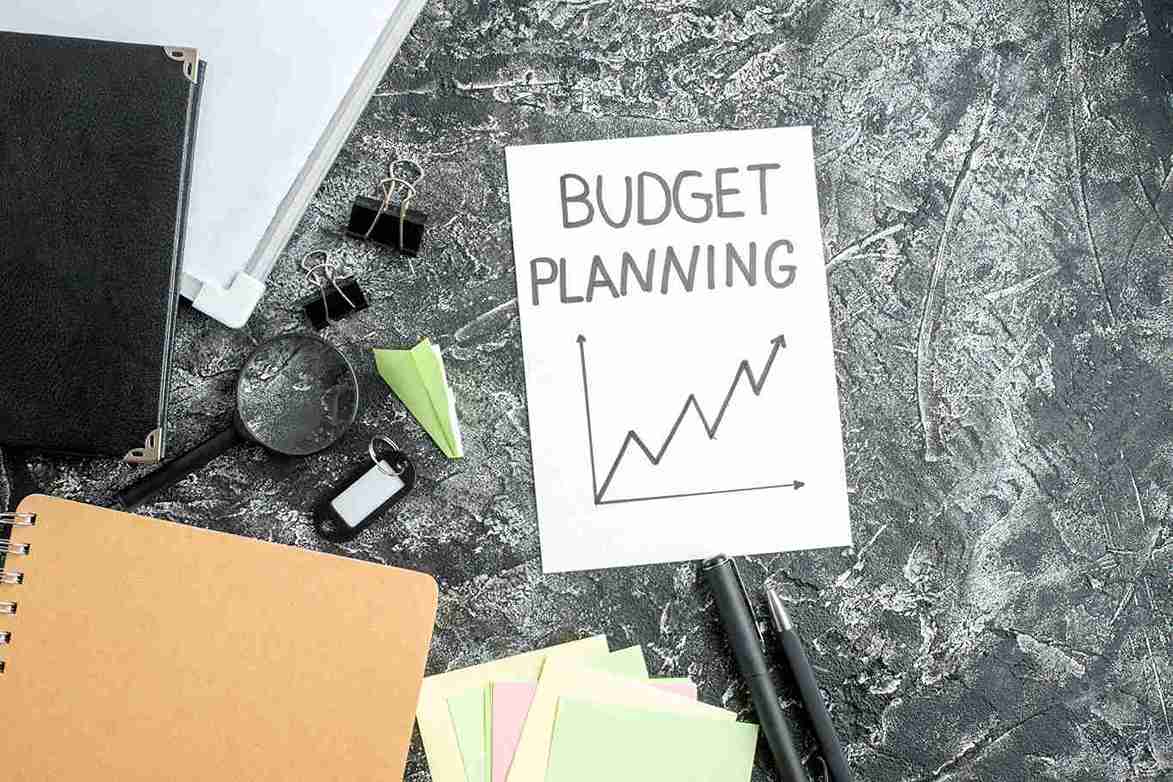The ability to effectively manage your money is defined by the habits you have regarding your finances. Your ability to accumulate wealth and maintain financial stability is directly proportional to how you manage your cash flow, expenditures, and savings.
This blog explores the prevalent financial practices that can significantly impact your budget. We will also provide you with proven financial tips and helpful recommendations to help you establish a strong financial foundation.
How important is financial behavior?
Your financial status is a reflection of the habits you have formed toward money. Effective budgeting methods provide long-term financial success, but money management strategies that are not effective produce unnecessary debt and stress related to finances. When you have a solid understanding of the importance of excellent personal financial habits, you are better able to take charge of your financial destiny and accomplish your objectives.

Financial Habits that are likely to have an impact on your budget
1. How to establish and stick to a budget for your household
A solid household budget is the foundation upon which financial planning can be constructed. Maintaining a record of your income and expenditures enables you to live a simple life on the money you make and to control your spending.
- Organize your expenditures into several categories, such as housing, food, savings, and so on.
- Regularly review and introduce changes to your budget.
- Make use of tools such as a Couples Budget Planner to share the responsibility of financial matters.
2. Savings and Investment Method
Putting your savings into an automated system is one of the most effective ways to save money. Not only does this ensure that you constantly contribute to your financial habits, but it also prevents you from allowing your desire to make impulsive purchases to control you.
- Establish an emergency fund that can cover your day-to-day expenses for a period of three to six months.
- Spread out your money to increase the return you get over the long term.
- The use of tax-favored funds is recommended for your retirement savings.
3. How effectively can you spend?
You will be better able to make deliberate decisions regarding your financial habits if you establish sensible spending practices. In addition to being able to differentiate between wants and requirements, you should also think about ways to cut costs.
- Examine your options before making a purchase.
- Use cashback and voucher codes.
- To avoid making rash purchases, you should wait twenty-four hours before making significant purchases.
4. A Survey of the Financial Objectives
- Financial goals that are clearly defined provide direction and assist you in maintaining control while you work toward achieving them.
- Establish financial objectives for the long, medium, and short term.
- One is able to change their plans anytime they are required to do so by regularly reviewing the development.
- Honoring even the smallest of achievements can help prevent exhaustion.
5. A Methodological Approach to Financial Planning
- You may better prepare yourself for life’s events and future bills by utilizing a smart financial planning strategy that is smart.
- You should make arrangements for large expenditures rather than using debt to finance them.
- Keeping a diverse portfolio of investments is an effective way to reduce risk.
- Verify your current financial condition on a regular basis.
6. Guidelines for Avoiding Common Budgeting Mistakes
In most cases, the majority of individuals are captured by common budgeting blunders, which ultimately puts their financial stability at risk.
- Overestimating income while underestimating expenses is a common problem.
- Ignoring the annual insurance premiums and any other unforeseen expenses is important.
- The failure to keep track of the small daily expenses adds up over time.
Financial Habits That Can Break Your Budget
1. Living beyond your means.
When you spend more than you have, you put yourself in debt and cause yourself financial stress.
- Adhering to an acceptable household budget will support your way of life more effectively.
- Use credit only for things that are within your budget.
- When it is possible, reduce expenses that are not required.
2. Neglecting Emergency Savings
The absence of an emergency fund may result in an inability to meet financial obligations in the event of unforeseen circumstances.
- Attempt to save enough money to cover your living expenses for at least three to six months.
- Establish a high-yield savings account to store your funds for unexpected expenses.
- Following the completion of withdrawals, the money should be refilled.
3. Preventing the Repayment of Debt
In the absence of a plan to repay the loan, having debt with a high interest rate could put your financial condition in a precarious position.
- To begin, pay off bills with high interest rates.
- The snowfall or avalanche method of debt repayment should be utilized.
- If you are in the process of paying off past-due debts, you should avoid starting new ones.
4. Lack Of Financial Awareness
Your lack of knowledge regarding your current financial situation may cause you to make incorrect choices.
- Make it a habit to regularly check your bank accounts and credit reports.
- Always stay up to date on the many investing options and advancements in the financial sector.
5. Failure to establish monetary objectives
You may lose motivation to save and keep your money under control without financial goals household budget.
- Make goals that are attainable and reasonable.
- Observe the developments and make adjustments as necessary.
- Make sure that your expenditure is in line with your savings goals.
6. Fail to Consider Retirement Planning Strategies
Neglecting to make preparations for retirement could result in financial instability in the future.
- Get an early start on your retirement savings.
- Make use of the plans sponsored by your organization.
- As your income increases, your contributions ought to increase as well.
Guidelines for budgeting that will help you stay on track
Developing some fundamental ideas for budgeting can improve your ability to stick to your budget and manage your finances effectively.
- Budgeting tools allow for prompt monitoring of spending.
- You will be in a better position if you follow the 50/30/20 guideline, which states that you should set aside 20% for savings, 30% for wants, and 50% for needs.
- You may reduce your spending on food by planning your meals.
- Utilize a couple budget planner to ensure that both partners remain financially responsible.
Final Thoughts
The stability of one’s financial situation over the long term is largely dependent on the formation and maintenance of sound financial habits. You may build a strong financial foundation and work toward achieving your objectives by adhering to good spending habits, putting into practice efficient methods of conserving money and avoiding the typical pitfalls that people make when creating budgets from scratch.
It is possible to achieve a prosperous and secure future by engaging in consistent financial planning and adhering to practical principles about personal finance. Begin putting these concepts into action right away to regain command of your current financial circumstances!












